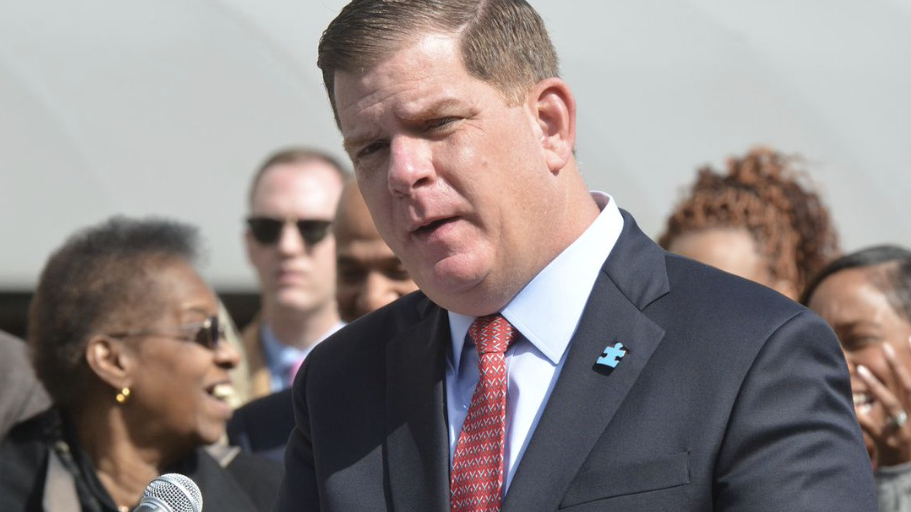Racism is officially classified as a public health crisis in Boston. Boston Mayor Martin Walsh made the announcement with an executive order last week, expressing his desire to make "Boston a national leader in battling racism." Working with the Boston Public Health Commission, the mayor outlined in a press release an eight-point plan to address the impact that "racism has on the lives of residents and their overall health."
The plan includes using data to push policy change, identifying causes of disparities in health outcomes and engaging with historically marginalized communities to identify problems. The initiative also calls for the reporting of race and ethnicity data publicly to document health inequities, improved access to prevention and treatment, the development of services and programs for specific populations and advocacy against systemic racism at the state and federal levels.
"In Boston, we embrace the opportunity this moment and this movement offers us," Walsh stated. "We stand with our Black community and communities of color to lead the change toward a more just and equitable society."
As part of its commitment to dismantling racism, the mayor said Boston will honor the Obama Foundation's Mayor's Pledge, which calls for "mayors, city councils, and police oversight bodies to address police use of force policies."
Following the four steps of the pledge, Walsh said Boston officials will review use-of-force policies, gather more diverse input from the community, report review findings with the community and reform those policies.
The executive order also highlighted a 10 Point Plan to address reforms at the federal, state and municipal levels. In addition, a task force has been established to make sure the mayor's promises become a reality. The mayor said the task force will review the city's current use-of-force policies, recommend bias training, improve the city's Body Worn Camera program and strengthen the police review board.
The times they are a- changin’: Boston Mayor Marty Walsh declares racism a public health crisis, diverts police overtime money to community programs #GeorgeFloyd
https://t.co/vOciwtc5hj— Frank Figliuzzi (@FrankFigliuzzi1) June 12, 2020
According to the press release, the task force will publish recommendations in 60 days. The community will then have two weeks to review recommendations and provide feedback.
"Mayor Walsh will announce reforms to be implemented as a result of the task force and the community's input within 90 days of the Task Force beginning their work," the release stated.
The mayor also vowed to "reallocate 20% or $12 million of the Boston Police Department's overtime budget to make a significant investment in equity and inclusion across the city."
The funds will go toward programs such as mental health services, economic development, violence intervention grants and immigrant advancement.
"With these actions, we will increase equity in public safety and public health, and launch a conversation that can produce lasting, systemic change to eliminate all the ways that racism and inequality harm our residents," the mayor said.
According to The Guardian, other parts of the country have also declared racism as a public health emergency. Those places include San Bernardino County, California, and Montgomery County, Maryland, as well as Cleveland, Denver and Indianapolis.
“We’re not going to let this moment or this movement pass us by," Walsh said at a press conference, according to the Boston Globe. "I pledged to make Boston a national leader in this work and we are following through on our pledge.”
